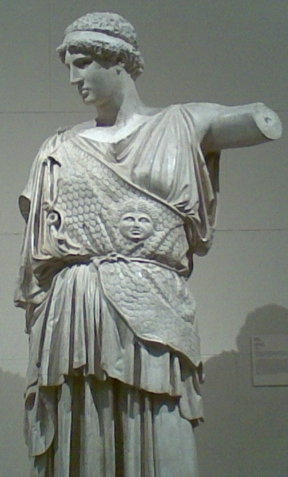|
Pod Egidą
Pod Egidą ("under the aegis") is a Polish satirical cabaret. It has been created in 1967 on the initiative of singer-songwriter Jan Pietrzak, and is still active (as of 2012). "Under the aegis" was a politically charged cliché in the Soviet Union dominated Eastern Europe. History The cabaret was formed in 1967 as a continuation of a popular student cabaret '.J. PietrzakKabaret pod Egidą JanPietrzak.pl. The first performance took place on February 10, 1968. The first performers included Jan Pietrzak, Jonasz Kofta, Adam Kreczmar, Jan Raczkowski, Krzysztof Paszek, Hanna Okuniewicz, Barbara Kraftówna, Anna Prucnal, Kazimierz Rudzki, Wojciech Siemion, Wojciech Brzozowicz, and Jan Tadeusz Stanisławski. Between 1967 and 1975 the main stage of the Kabaret ''Pod Egidą'' was a small palace of the Society of Friends of Fine Arts (Towarzystwo Przyjaciół Sztuk Pięknych) in Warsaw at ul. Chmielna 5 street. The group often commented on the political and social realities of the communist ... [...More Info...] [...Related Items...] OR: [Wikipedia] [Google] [Baidu] |
Aegis
The aegis ( ; grc, αἰγίς ''aigís''), as stated in the ''Iliad'', is a device carried by Athena and Zeus, variously interpreted as an animal skin or a shield and sometimes featuring the head of a Gorgon. There may be a connection with a deity named Aex or Aix, a daughter of Helios and a nurse of Zeus or alternatively a mistress of Zeus (Hyginus, ''Astronomica'' 2. 13). The modern concept of doing something "under someone's ''aegis'' means doing something under the protection of a powerful, knowledgeable, or benevolent source. The word ''aegis'' is identified with protection by a strong force with its roots in Greek mythology and adopted by the Romans; there are parallels in Norse mythology and in Egyptian mythology as well, where the Greek word ''aegis'' is applied by extension. Etymology The Greek ''aigis'', has many meanings including: # "violent windstorm", from the verb ''aïssō'' (word stem ''aïg-'') = "I rush or move violently". Akin to ''kataigis'', "thund ... [...More Info...] [...Related Items...] OR: [Wikipedia] [Google] [Baidu] |
